Wisdom teeth are the third (and last) set of molars that come in as you reach adulthood. Generally, your wisdom teeth will come in during your late teens or early 20s.
Some people don’t have their wisdom teeth come in at all, while others may need them surgically removed. It is not an absolute necessity to have your wisdom teeth removed, especially if they are not causing you significant problems.
Usually, your wisdom teeth will begin to break through the surface of your gums. Your dentist will be able to tell you whether you will have any issues or not. In fact, they will most likely be able to give you a prognosis well before your wisdom teeth come in by taking x-rays of your mouth during your bi-yearly check-ups. If you haven’t had your wisdom teeth removed or if you feel them coming in, you may wonder when and why your teeth should actually be removed.

When Should a Dentist Remove Wisdom Teeth?
Any time you are experiencing pain or discomfort because of your teeth, there is an indication that there is a problem that can grow in the future. If your wisdom teeth cannot fit in your mouth properly, it can cause a variety of different problems.
Your mouth may not be big enough to fit the addition of four extra teeth. So you can receive damage to your other teeth. When there is not enough room for your tooth to come in normally, it could grow in at an odd angle—towards the back of the mouth, directly into another tooth, at a right angle, or stay trapped in the jaw entirely. While an impacted tooth may not cause immediate issues, it can eventually become infected or cause alignment problems with your other teeth.
An impacted tooth can also cause inflammation and swelling of the gums, which can make it difficult to properly care for your teeth. Being unable to completely clean your teeth and gums puts you at risk of developing gum disease.
Since you cannot fully reach an impacted tooth, it is more likely that it will also develop cavities. Food can easily get trapped between your impacted tooth and the gums. This can begin the tooth decaying process.
Although it is a bit rarer, it is possible to develop cysts—a fluid-filled sac—around the wisdom tooth. There is only so much room in your mouth. So a cyst can begin to hollow out a portion of your jaw and potentially cause damage to the nerves.
What Happens If Wisdom Teeth Remain in the Mouth?
If you need your wisdom teeth extracted but do not, you are at risk for several conditions, including infection. You can develop an infection in many places in your mouth like your cheek, tongue, or throat, called cellulitis.
It is also possible for your tooth to become abscessed, which can be very painful and dangerous if not treated. An abscess is a collection of pus near your tooth or in the surrounding tissue. Take infections in your mouth seriously because the consequences could affect your entire body.
